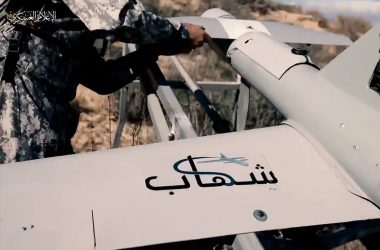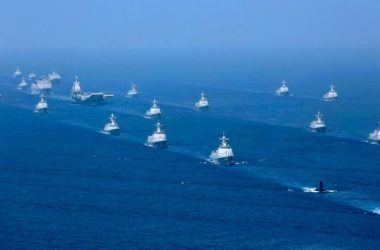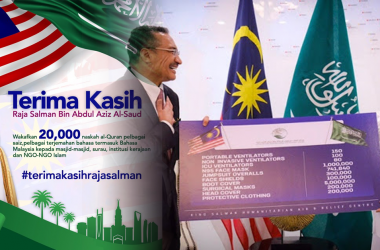After 20 years of the ‘war on terrorism’, the U.S. is finally withdrawing from Afghanistan but not without leaving behind an economic and humanitarian crisis that may force its desperate people to depend on the opium trade for survival thereby increasing the main source of income for Taliban.
“We’ve stood by on the sidelines and, unfortunately, allowed the Taliban to become probably the largest funded non-designated terrorist organization on the globe,” said a U.S. official.
Experts estimated the Taliban earned at least $40 million annually but UN officials reported the Taliban can earn more than $400 million between 2018 and 2019 from the drug trade.
The U.S. war on drugs in Afghanistan alone cost them more than $8 billion from poppy eradication to air attacks and raids on suspected labs to deprive the Taliban of their drug profits.
Ironically, opium production skyrocketed after the U.S. invasion in Afghanistan. A report from United Nations Office on Drugs and Crime (UNODC) revealed the all-time high for opium production was in 2017 at 9,900 tons worth about $1.4 billion in sales by farmers or roughly 7% of Afghanistan’s GDP.
Coyne, Blanco and Burns (2016) illustrated how the land area under opium poppy farming increased over the years in the figure below.

“Working for a year in the Kabul children’s hospital in the 1970s gave me a perspective on Afghanistan that conflicts with the Foreign Office’s view that ‘the Taliban is promoting opium production to finance terrorism’,” said Simon J. Spedding.
He also added that “History shows us how empires function; be they British or US. The East India Company organised the opium trade through “free traders”—men with fast ships and guns to fend off the pirates. One of the most famous free traders was Francis Light, founder of the British province of Penang. These are facts, whereas the idea that the CIA runs opium from Afghanistan would be a conspiracy theory—unless, you thought about the United Nations statistics or happened to have been to Afghanistan.”
Afghanistan remains the world’s largest illicit opiate supplier. After seizing power in Afghanistan two weeks before the completion of the U.S. withdrawal, the Taliban declared that Afghanistan will no longer cultivate opium. In fact, the Taliban banned the cultivation of poppy back in 2000 before the U.S. invasion to gain international legitimacy but faced a popular backlash.
Franz J. Marty, an independent journalist based in Afghanistan revealed that the opium market in Afghanistan is not controlled by the Taliban or powerful cartels, but it’s an open market where many independent farmers and racketeers try to profit from this lucrative illegal trade.
Dr Adilah Zafirah
Chief Columnist and IRIS Institute Researcher
Sources:
https://www.ncbi.nlm.nih.gov/pmc/articles/PMC2386629/
https://thediplomat.com/2017/07/afghanistans-opium-trade-a-free-market-of-racketeers/
Coyne, C., Blanco, A., & Burns, S. (2016). The War on Drugs in Afghanistan: Another Failed Experiment with Interdiction. The Independent Review, 21(1), 95-119. doi:10.2139/ssrn.2613428











